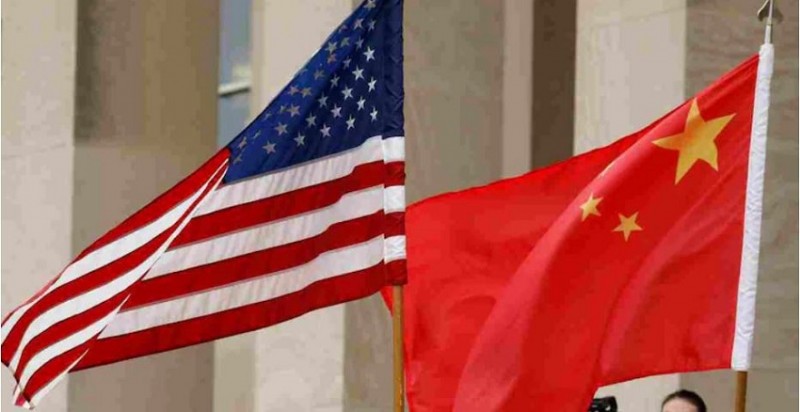
Beijing: China has halted discussions on nuclear non-proliferation and arms control with the United States in response to Washington’s arms sales to Taiwan, the self-ruled island that China claims as its own.
The US described China's decision as "unfortunate" on Wednesday, with analysts warning that it could hinder global arms-control efforts.
China and the US initiated nuclear weapons discussions in November to reduce mistrust ahead of a summit between Presidents Xi Jinping and Joe Biden. However, further talks had not been publicly scheduled since then. In January, a White House official urged Beijing to engage with the US on substantial ideas for risk reduction.
A spokesperson for China’s Ministry of Foreign Affairs stated that US arms sales to Taiwan had "seriously compromised the political atmosphere" necessary for ongoing arms-control consultations. "Consequently, the Chinese side has decided to hold off discussion with the US on a new round of consultations on arms control and non-proliferation," said Lin Jian at a news briefing in Beijing. "The responsibility fully lies with the US."
Lin added that while China is open to communication on international arms control, the US must respect China’s core interests and create the conditions needed for dialogue.
The US shifted its diplomatic recognition from Taipei to Beijing in 1979 but remains Taiwan’s most significant partner and arms supplier, causing repeated protests from China. Over the past four years, Taiwan has reported increased Chinese military activities near the island, including nearly daily missions by Chinese warplanes and warships.
US State Department spokesperson Matthew Miller criticized China’s decision, suggesting that Beijing is following Russia’s example by linking arms-control engagement to other bilateral challenges. "We think this approach undermines strategic stability. It increases the risk of arms-race dynamics," Miller told reporters. "Unfortunately, by suspending these consultations, China has chosen not to pursue efforts that would manage strategic risks and prevent costly arms races. However, the United States will remain open to developing and implementing concrete risk-reduction measures with China."
The Biden administration supports a policy of "compartmentalization," aiming to separate nuclear arms control talks from other contentious issues between the US and China. This suspension of talks comes just over a month after the Biden administration suggested that the US might need to deploy more strategic nuclear weapons to counter growing threats from Chinese and Russian arsenals.
Recent Updates:
Taiwan on High Alert Due to China's Missile Tests in Inner Mongolia
Japan Issues Defense Warning on China and North Korea
Chinese Military Activity Near Taiwan: 30 PLA Aircraft, 9 Naval Vessels Detected